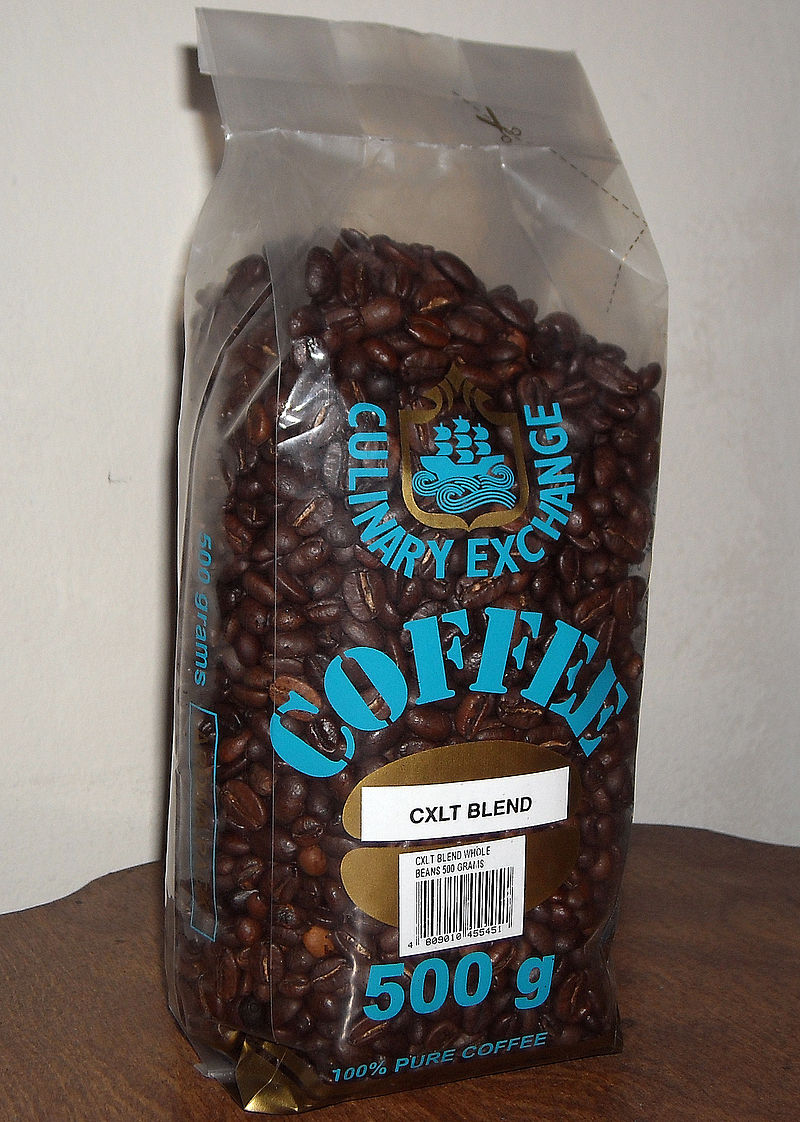Drinking coffee in moderation can have a variety of health benefits and may even contribute to a longer lifespan. However, it can also cause a number of digestive issues, which deters some people from drinking coffee at all. Here are some of the major effects coffee has on your body as well as strategies for brewing coffee that won’t irritate your stomach.
Coffee and Your Body
Though coffee sometimes gets a bad reputation, the health benefits of coffee outweigh the negatives for most people. Of course, the caffeine in coffee can help people feel energized. However, you may not know that caffeine allows the brain to produce increased levels of certain neurotransmitters like norepinephrine and dopamine, which can improve a person’s mood, memory, reaction times, and general brain function.
Coffee can aid in burning body fat by boosting a person’s metabolic rate by 3 to 11 percent. It also increases adrenaline levels in the body, and the burned fat is released into the bloodstream to be used as fuel. These two factors mean that coffee can significantly improve physical performance.
There are also essential nutrients and antioxidants in coffee, and caffeine may lower a person’s risk for developing certain conditions like Alzheimer’s disease, dementia, Type 2 diabetes, Parkinson’s disease, cirrhosis of the liver, some types of cancer, and depression.
Despite these benefits, coffee can also have negative effects, such as increasing anxiety, disrupting your sleep cycle, and making some people feel tired. For many people, coffee also causes uncomfortable digestive issues including bloating, gas, stomach pain, acid reflux, which can seriously affect your daily life. If left untreated, acid reflux could lead to a chronic condition known as GERD. Here are a few strategies for reducing indigestion symptoms caused by coffee.
Brew Low Acid Coffee
The acidity in some coffee beans is a major contributor to coffee-related indigestion, but some coffee beans are safer than others. Some coffee beans are naturally lower in acid due to the region in which they were grown. For example, coffees from Hawaii, Sumatra, and Brazil typically have naturally low acid levels. Other varieties have gone through a process involving steam or solvents designed to reduce acid levels. Low acid coffee beans are available in a variety of roasts and flavor options. These tend to be milder and smoother than coffee with a higher acidity, which may be more enjoyable or disappointing for some.
Choose Dark Roasts
Contrary to popular belief, dark roasts are actually easier on the stomach than lighter roasts. This is because roasting coffee beans longer breaks down much of the acids and other compounds that may irritate your stomach. Longer roasting times also create a compound that lowers the production of stomach acid, which can reduce symptoms.
Brew with Eggshells
This one may seem strange, but by adding crushed eggshells to your coffee filter you can significantly reduce the acidity and bitterness of the brew. You can also boil loose grounds in in a pot of water to achieve the same effect. Just be sure to carefully filter out all of the eggshell fragments before drinking.
Cold Brew Your Coffee
Though there are many ways to brew hot coffee, cold brewing your coffee transfers fewer of the acids, oils, and other compounds. This results in a brew that is much easier on your stomach. However, it’s worth noting that cold brewed coffee may also have lower amounts of the healthy antioxidants than regular brewed coffee.
Avoid Dairy in Your Coffee
Dairy has been shown to contribute to acid reflux in some people, which means adding cream to your coffee may exacerbate your indigestion. To avoid this, try drinking your coffee black, or reach for a non-dairy substitute made from soy, almonds, cashews, rice, hemp, or coconut. These alternatives are widely available, and many are actually lower in fat, calories, and cholesterol than traditional milk or cream.
If you’re experiencing severe indigestion, it may be a good idea to limit your coffee intake and seek medical advice. However, for minor symptoms of indigestion and acid reflux after drinking coffee, there’s no reason coffee can’t be a part of an overall healthy lifestyle. By following these strategies you can enjoy that morning brew and the benefits it brings without irritating your stomach.

